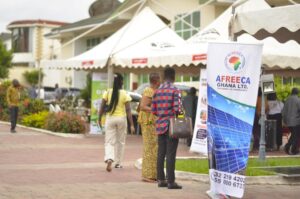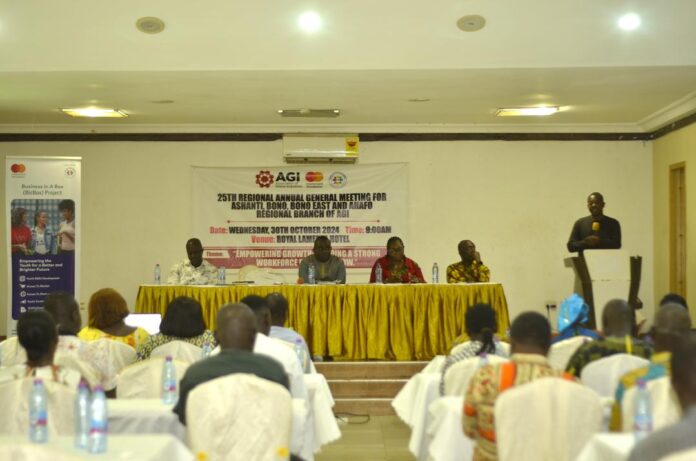Leadership of the Association of Ghana Industries (AGI) says it is working to clamp down on foreigners producing substandard mattresses on the local market.
This follows official complaints from some local mattress manufacturing companies that their businesses were adversely affected by unfair trade practices.
Chief Executive of the AGI, Seth Twum Akwaboah says leadership is intensifying efforts to cease the operations of these foreign companies for public safety.
“It’s just a packaging material. So, they just cut it like that and cover it and bring it to the market. They sell at cheaper price, therefore outcompeting the local marketers,” he said.

Speaking at a regional annual general meeting of the Association of Ghana Industries, Chief Executive Officer, Seth Twum Akwaboah observed a growing number of unregistered foreign mattress manufacturing companies in the country.
Some local mattress manufacturing companies have been adversely impactly by such operations.
Mr. Akwaboah explains the unregistered companies sell substandard mattresses at affordable prices but expose consumers to health risks.

Market surveillance by the Ghana Standards Authority unveiled a chunk of the companies operating in various market centres of the country.
“So, the unsuspecting buyers are purchasing them and at the long run it can affect their health. After we closed down one shop, we realized that there are more of these companies on our markets,” he said.
The 25th regional AGM brought together businesses and other stakeholders operating in the Ashanti, Bono, Bono East and Ahafo regions.
It sought to deliberate on issues confronting local industries and ways to tackle them for smoother operations.

The event also saw the opening of a regional job fair that created avenue for local businesses to display the array of services and products they have to offer.
Meanwhile, the government, through the Ghana Revenue Authority, has reinstated its previously abolished inbound manufacturing facility on raw materials.
“In April this year, the GRA announced that we can’t enjoy both tax deferment and inbound manufacturing facility. We negotiated with them, and they have realized that they needed to support local industries. So, they agreed for us to have both,” Mr. Akwaboah added.


